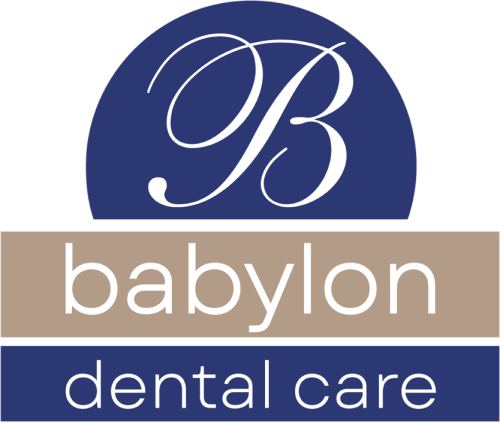Just as your body never stops changing, your dental and oral health never stop changing. Understanding how they may change as you age is critical to optimizing your dental health.
Seeing your dentist at least once every six months in your adulthood is essential. A dental health professional needs regular opportunities to evaluate your oral health and confirm that no treatments or interventions are necessary. Your dental and oral health can be affected by your medical condition, lifestyle habits, and hereditary medical issues, and promptly taking care of any problems will help minimize them. Seeing your dentist regularly also gives you the chance to ask questions.
How Dental Health Changes As You Get Older
The American Dental Association (ADA) reiterates that the unique ways individual patients age can significantly contribute to how their dental health changes over the years. That said, the ADA also offers the following points about the dental health of aging patients:
- Approximately 30 percent of patients over 65 experience xerostomia (dry mouth). This condition can result in an increased risk of developing cavities.
- About 50 percent of people over 75 have root cavities affecting one or more teeth.
- Older patients may be more likely than others to develop cognitive issues. Cognitive difficulties may prevent them from caring for their teeth as well as they should.
The ADA also points out that dentists should consider the health conditions of older patients when administering medications or anesthesia. Make sure your dentist knows about all your health conditions.
How to Maintain Dental Health as You Get Older
The ADA offers the following recommendations for older patients:
- Stay hydrated. Although drinking enough water throughout the day is important for anyone’s health, it’s particularly vital for seniors, who are at an increased risk of developing dry mouth.
- Limit consumption of alcohol and beverages that are high in sugar or caffeine.
- Use a rotating or oscillating toothbrush if you’re not already doing so.
- Along with ensuring your toothpaste has fluoride, consider daily topical applications of fluoride as well. For example, you may apply a fluoride varnish to your teeth to guard against decay. Ask your dentist to recommend a product if you’re unsure of what one is right for you.
If a loved one is aging, be aware that cognitive decline could interfere with their ability to care for their oral health. You may need to assist them to ensure they’re keeping their teeth and gums healthy.
Contact a Long Island Dentist Today
There are many steps you can take on your own to maintain your dental health as you age. However, there’s no substitute for regular visits with a qualified dentist.
That’s exactly what you’ll find at Babylon Dental Care. Our Long Island, NY, dentist will work with you to keep your teeth healthy for years to come. Keep in mind that regular dental cleanings also allow a dentist to check for early signs of oral cancer. Learn more about what we can do for you by contacting us online today or calling us at (631) 983-6665 to book your first appointment.

